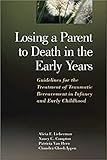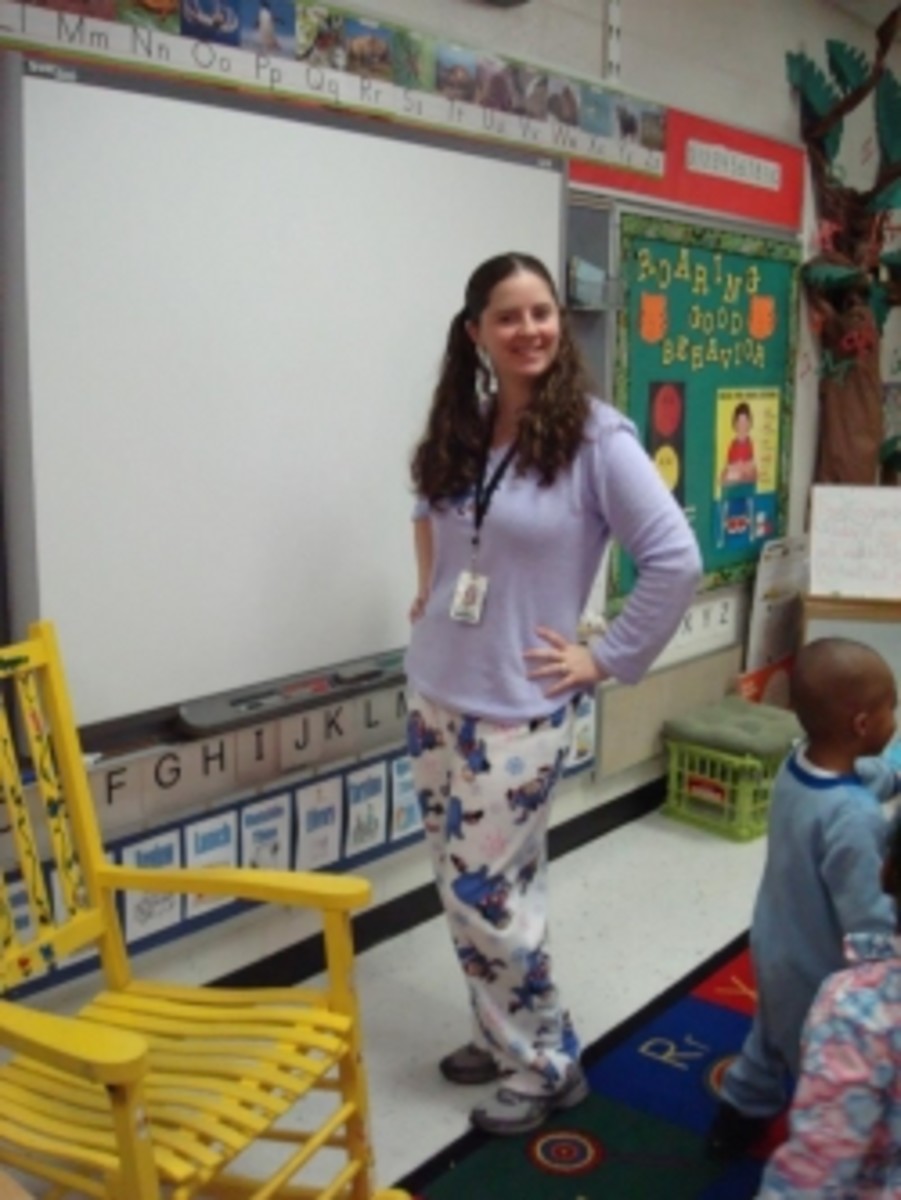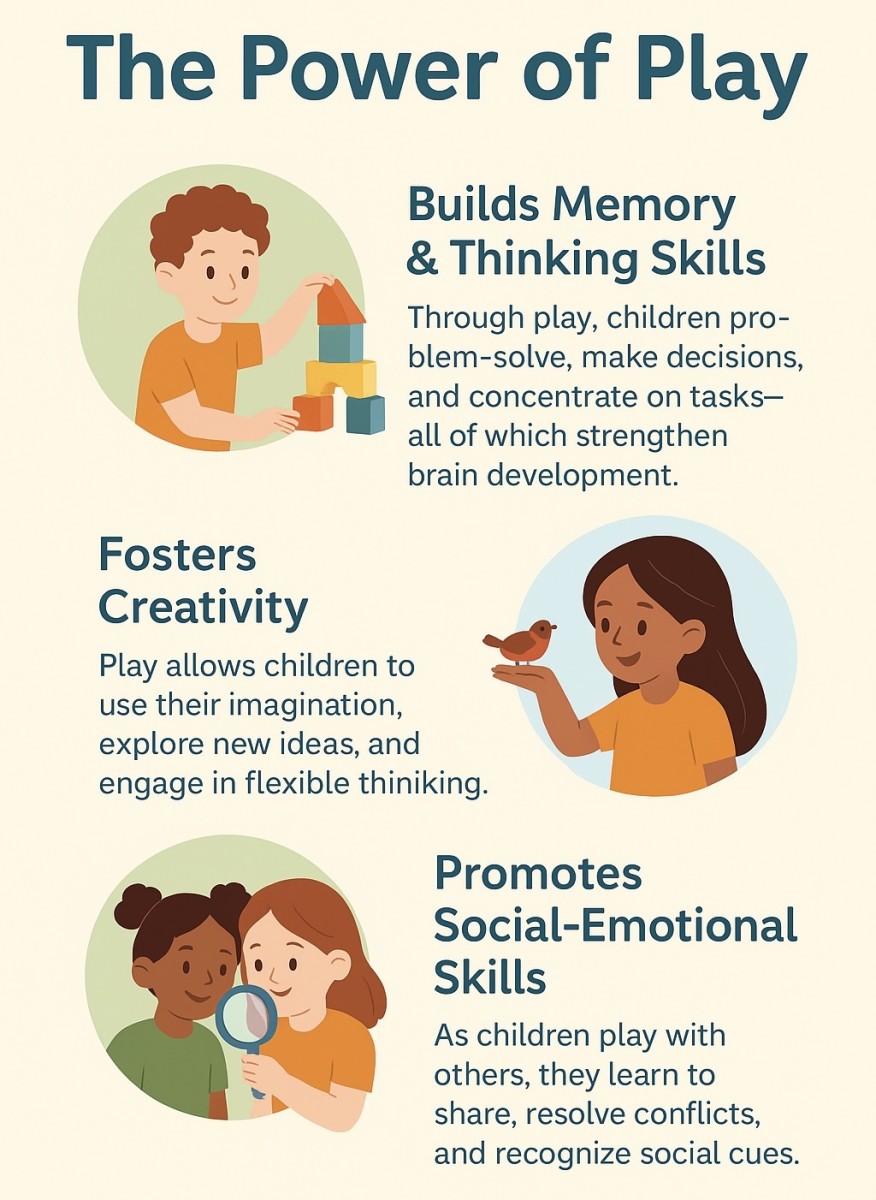Should Teachers Discuss Death In The Classroom?

"When I'm older you will die."
During dinner my daughter looked at me and calmly said, "When I'm older you will die." For a few seconds she just looked at me and waited for an answer. You might think hearing a question like this from a 5 year-old would be a little unnerving, but my daughter has asked similar questions since the age of 2. At this point, after countless late night discussions, I have learned not to question the topic itself, but to pay close attention to the reasons why these questions tug at her heart.
After 30 minutes of carefully phrased open-ended questions, I finally dug down to the root of our dinner's lively discussion. It seems, after reading a book, my daughter's Kindergarten teacher informed the class that his mother had died in 2011. He then proceeded to inform his students they will also grow old and their parents will die too. I know all too well how class discussions can become grossly distorted as information filters through a child's brain, but one thing is certain, my daughter received a lesson about death from her Kindergarten teacher.
At first I was livid. Flames were shooting from my ears as I tried to maintain a calm demeanor in front of my daughter. It is not so much the topic of death during early childhood that disturbs me, it is the question of how the topic was handled. As a family we have discussed death and the possibility of death, but it was approached in an age-appropriate manner and suited the needs of my highly sensitive daughter. My main concerns are:
- Is the information age-appropriate?
- Is religion brought into the discussion? If so, does the teacher respect and acknowledge all religions?
- Does the teacher take into account the unique personalities of all students?
- Does the teacher inform parents about the discussion?
- Are the children encouraged to ask questions?
- Are the children's questions answered?
After listening to my daughter I came to two conclusions. No, I do not believe her teacher discussed death using the best teaching methods and parents were certainly never notified about the day's extremely powerful discussion.
Discussing Death In Classroom Settings
My daughter's life experiences naturally gave us a platform to discuss the concept of life and death. Through gardening my daughter discovered the joy of planting "baby seeds" and watching nature grow with her nurturing hands. She also watched in dismay as plants and insects died in our garden, but that gave us the opportunity to talk about decomposition and how all living things give back to the earth. Being a family of pet lovers we have said good-bye to a few goldfishes won at the local fair and a beloved cat who's life ended after 16 beautiful years. These life experiences inspired me to ask my daughter about her beliefs. At only 4 years-old my daughter said, "All living things have life cycles. At the end you go to compost and go back to the earth. New things grow and you go to heaven with all the animals." I wanted my daughter to understand her thoughts about death are respected and valued in our home. She was encouraged to ask questions and talk about what she wanted to do for her pets whose "life cycle ended." My daughter wanted to make pictures to express her feelings and we gave her the opportunity to say her good-byes.
However, all families approach the topic of death differently and as an early educator I respect the family values of all children. I know there are many young children who have never talked about death with family members. Although I choose to parent my child differently it does not mean my way is somehow "better." Educators must always keep in mind that each child is different with unique life experiences and a mind completely separate from any other. Certain words take on a whole new meaning to young children. The words "old" or "sick" can easily cause a young child anxiety when thrown into the same sentence as death. A child may then assume just because a person is "old" it means death is right around the corner or when someone is "sick" it means they are going to die. For example, after listening to her teacher explain to the class they were all going to grow old and then their parents would die, my daughter immediately assumed I would die "like next year." Thankfully she talked to me about her feelings or I never would have known she interpreted "older" as being the ripe old age of 6. That only made me wonder, do other kids in her class believe the same thing?
Things To Consider Before Discussing The Topic Of Death In Classroom Settings
- Use Age-Appropriate Answers- Educators must be aware of the developmental trend of the classroom. Young children will require brief, simple answers without abstract ideas that are hard to grasp. Older children can absorb more complex concepts.
- General & Open-Ended Discussion- Educators should never force one idea upon a child. All beliefs should be respected and valued. Children should never be forced to participate in the discussion.
- Discussion Is Guided By The Interests & Questions Of The Children- Educators need to listen carefully to the questions being asked. Educators must also be mindful of the overall body language of the students in the classroom and provide support to those who may not know how to verbally express their feelings.
- Make Time- Educators should never start a discussion about death without setting aside time to actively listen and answer questions from the students.
- Take It To The Next Level- Empower children with information. Start a gardening project and discuss the life cycles of various plants or insects found in the garden. Discuss the difference between living and non-living creatures. If a beloved classroom pet dies use it as part of the curriculum. Allow students to discuss their beliefs and feelings. Offer them ways to cope with their feelings by drawing pictures, writing stories or singing songs.
- Feelings Vocabulary- If educators include their own emotional experiences then they must be prepared to talk about the healing process as well and what it means to celebrate life. What does it mean to be sad or mad? What do you do with those feelings?
- Include Parents- Educators should inform parents when complex discussions such as death are introduced in the classroom. This information enables parents to better support the needs of their children at home.
Different Age Groups/Beliefs About Death (General Guide)
Infancy-2 years old
| 2-6 years old
| 6-9 years old
| 9-12 years old
| Teenagers
|
|---|---|---|---|---|
Will sense a loss
| Family is center of child's world
| Personifies death, a person or monster who takes you away
| May see death as punishment for poor behavior
| Views death as inevitable, universal, irreversible
|
Will pick up on grief of a parent or caregiver
| Picks up on nonverbal communication
| Sometimes a violent thing
| Develops morality
| Cognitive skills developed
|
May change eating, sleeping and toilet habits
| "Magical" thinking- you wish it, it happens
| Still has magical thinking, but begins to see death as final
| Needs reassuarance that wishes do not kill
| Questions meaning of life if it ends in death
|
Tendency to connect things that are not related
| Develops an interest in the causes of death
| Asks more about "what happened"
| Sees self as invincible - it will not happen to me
| |
Functions on a day-to-day basis
| May begin to believe death is contagious
| Concerns about ritual, burying
| Sees aging process leading to death
| |
Often believes death is reversible, temporary
| Questions life changes caused by death
| Sees death as a natural enemy
| ||
Interested in spiritual aspect of death
| Needs someone to listen; to talk with
|
Source: www.hospicenet.org
"When my baby grows old then I will die."
Before my daughter went to bed that evening she said, "So when Adam grows old then Auntie will die? When my baby grows old then I will die?" I found these questions to be incredibly insightful from a 5 year-old, but at the same time I do not want my daughter to think just because someone uses the word "old" it automatically means death is coming, because as we all know, death is not always determined by age. That is why I've chosen to explain the concept of life cycles with my daughter using real life experiences, not words that are easily misinterpreted by young children. My only hope is that when other trained professionals decide to bring up the subject of death in the classroom they have the knowledge and resources to truly prepare children for the all the many questions that will arise in the future.
Learning about death is an ongoing process that has no end. We all continue to grow and change and grieve throughout our lives. We cannot protect our children from knowing about death, because as my husband said, "It is a part of life." Still, parents and educators do need to protect children by giving them the tools to understand death and how to cope with the feelings surrounding death. Schools can have a great influence on how children see life and death, but only if teachers appropriately take advantage of the teachable moments when they present themselves.










